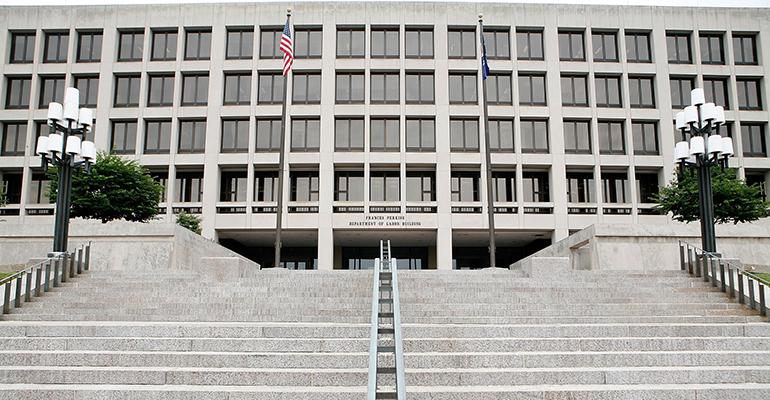Assets managed by a financial advisor and subject to a fiduciary standard are growing alongside fee-based accounts and the independent registered investment advisor segment. The standard now applies to 42 percent of all advised retail assets, up from 25 percent in 2005, according to Cerulli Associates.
The findings on assets subject to the standard were published in a monthly product trend report published Friday.
“Fee-based relationships better align with the goals of firms, advisors, and investors by tying revenue growth to client portfolio performance,” the firm said in a note with the report.
But unlike years past, the Department of Labor’s so-called fiduciary rule, mandating a best-interest standard on some accounts, isn’t a top concern of advisors. The rule did not make the top 10 list of advisors’ New Year’s resolutions, while last year, 40 percent of advisors indicated that their top priority was to prepare to comply with the rule, according to a recent survey from SEI Advisor Network.
Perhaps advisors have decided to focus on other areas of their business they have more immediate control over?
In November, the DOL expended the implementation of its fiduciary rule until July 1, 2019 to allow time to complete a review and consider alternatives, as directed by President Trump. Critics said it was an effort by the Trump administration to curtail, or even scrap, the rule, which requires advisors to retirement accounts to act in a client’s best interest.
Since then, the DOL has reportedly been working with the Securities and Exchange Commission on a best-interest standard. What assets and to whom that standard will apply remains to be seen but the Securities Industry and Financial Markets Association said it expects the SEC to propose a standard before the full implementation date in the summer of 2019.
The organization, which represents broker/dealers, banks and asset managers that manage more than $67 trillion in combined assets for individual and institutional clients, has been outspoken on the SEC leading the process of determining a standard. In October, SIFMA told Nevada securities regulators it should forgo rulemaking that would create a fiduciary rule in the state.
“The last thing we want to see happen is for them to come up with more, or redundant, or conflicting rules,” SIFMA President and CEO Kenneth Bentsen said at a recent press conference in New York City.





